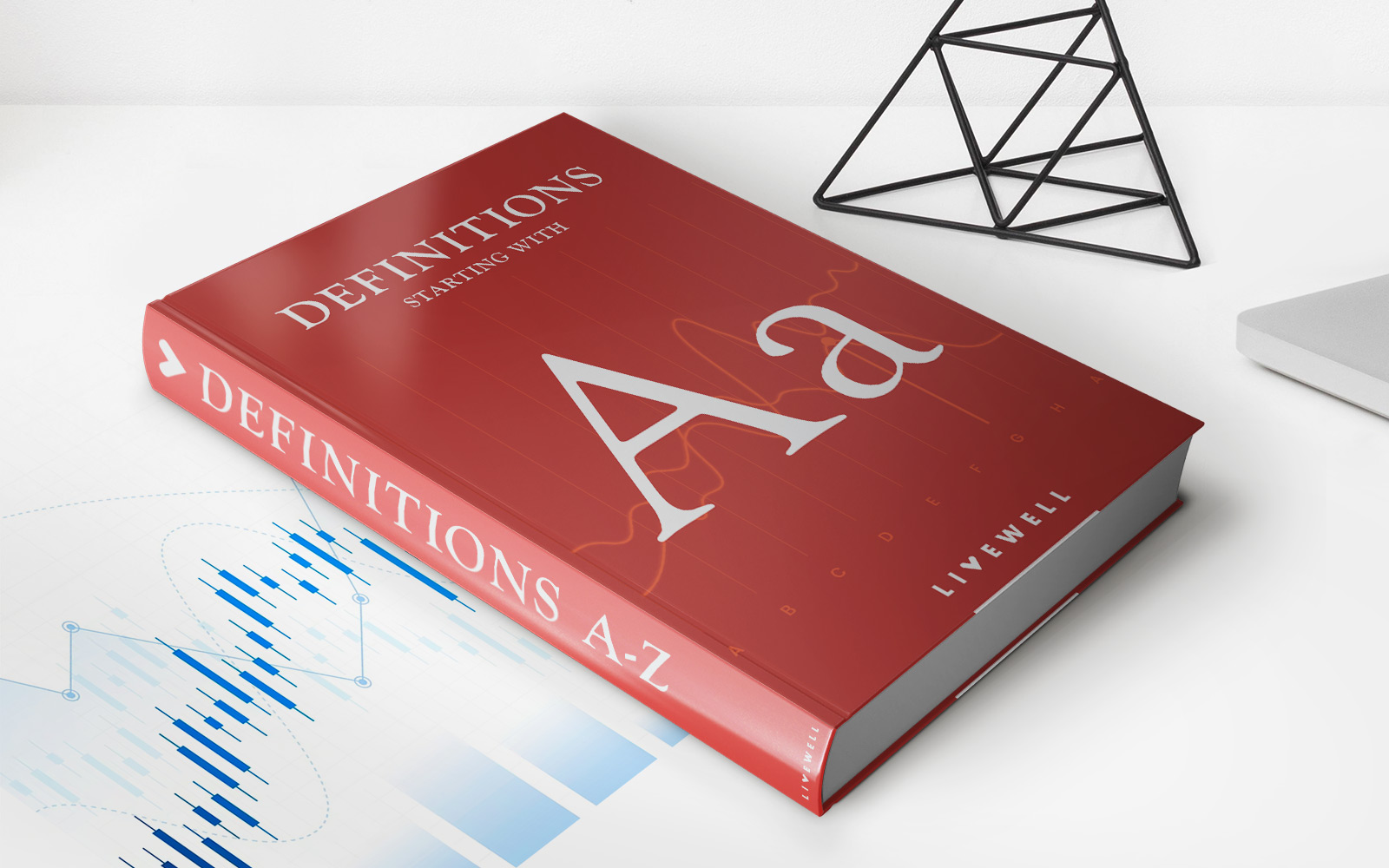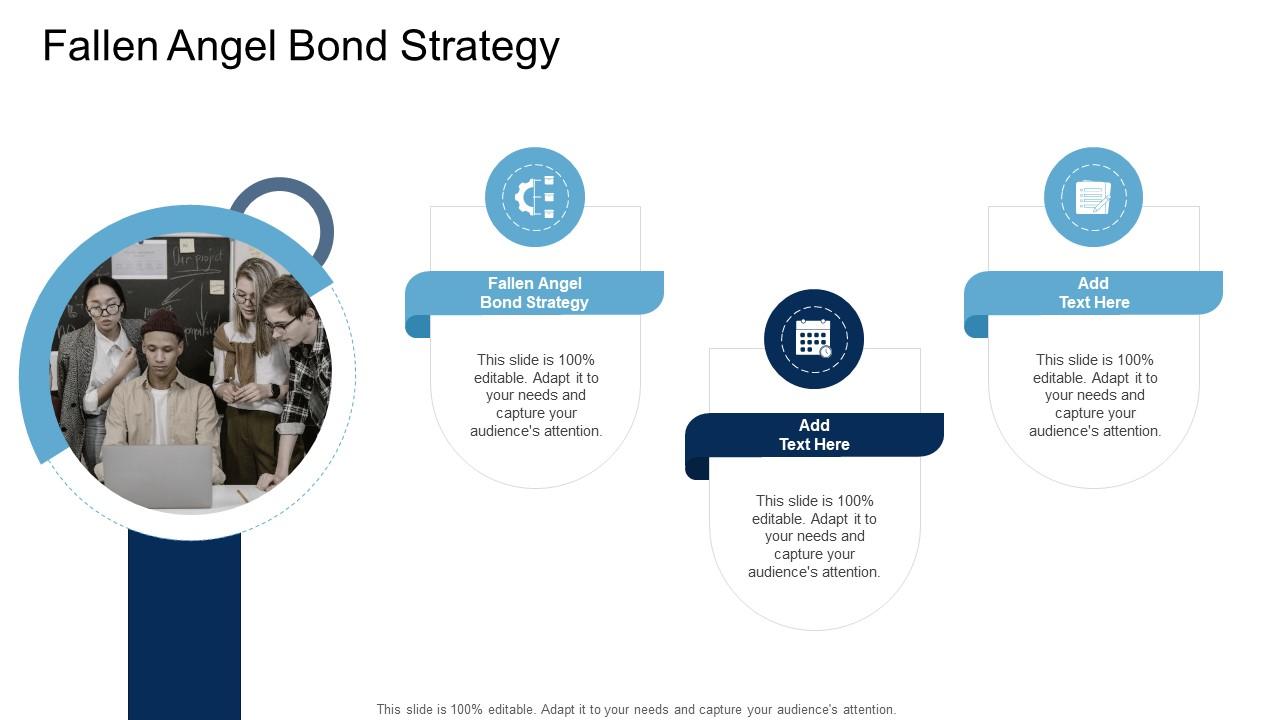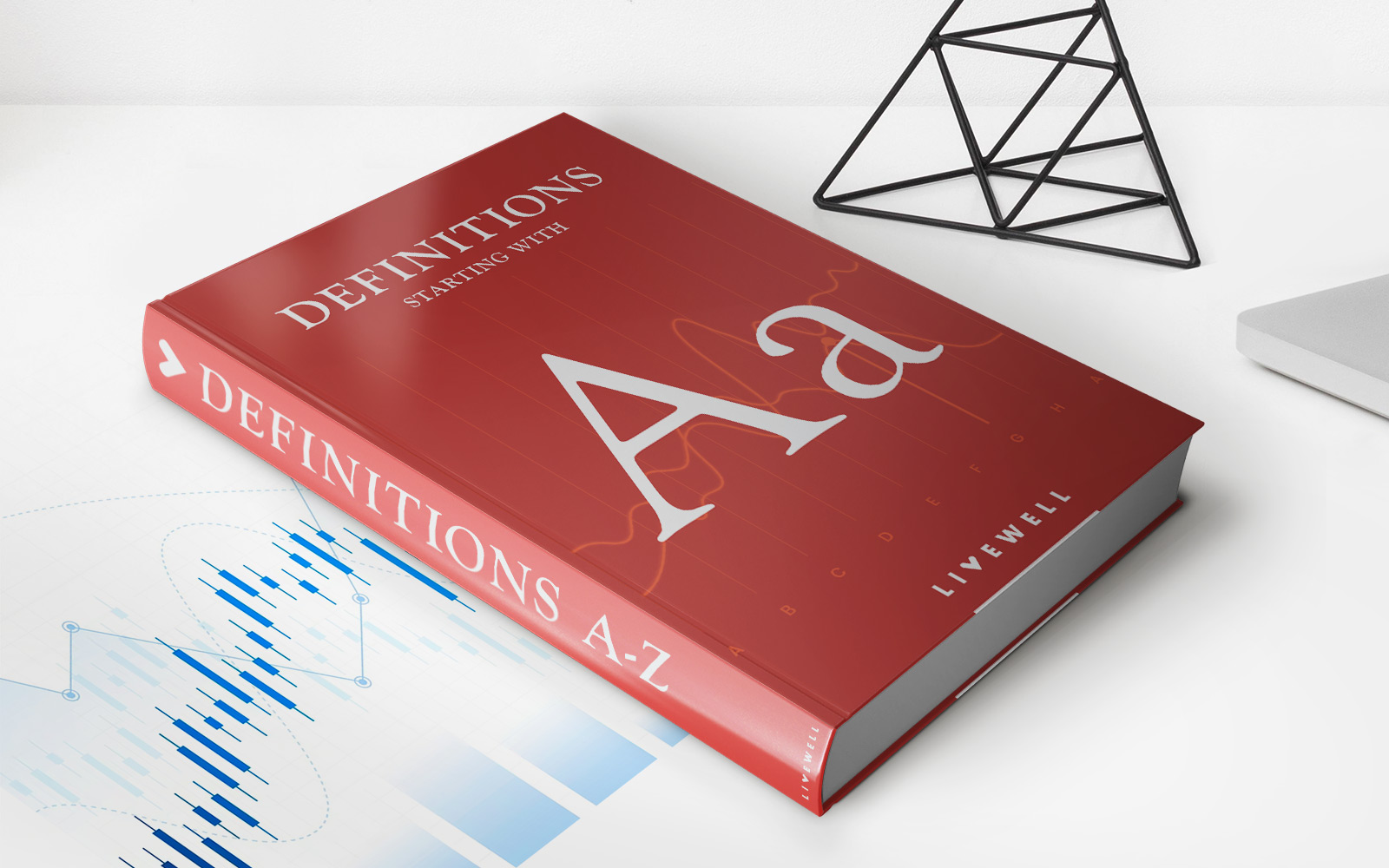

Finance
Fallen Angel Definition
Published: November 22, 2023
Discover the meaning and significance of fallen angel in the world of finance. Explore the concept, risks, and potential rewards associated with these investment opportunities.
(Many of the links in this article redirect to a specific reviewed product. Your purchase of these products through affiliate links helps to generate commission for LiveWell, at no extra cost. Learn more)
Unlocking the Mystery of Fallen Angel Definition
Finance can be a complex world with plenty of jargon and terms that can leave the average person feeling overwhelmed. One such term that often comes up in financial discussions is “fallen angel.” But what exactly is a fallen angel? In this blog post, we’ll delve into the definition of a fallen angel and provide some key insights to help demystify this concept.
Key Takeaways:
- A fallen angel is a bond that was once rated as investment grade but has been downgraded to junk status.
- These bonds carry higher yields due to the increased credit risk associated with their downgraded status.
In the world of finance, bonds are a commonly used investment tool. They are debt securities issued by governments, municipalities, corporations, and other entities to raise capital. Bonds are typically evaluated and assigned a credit rating by credit rating agencies based on their creditworthiness. These ratings help investors assess the risk associated with a particular bond.
However, not all bonds maintain their initial credit ratings throughout their lifetime. Sometimes, due to various financial or economic factors, a bond’s credit rating may be downgraded. This is where the term “fallen angel” comes into play.
A fallen angel is a bond that was originally rated as investment grade but has been subsequently downgraded to junk status. Bonds are initially considered investment grade if they possess a relatively low default risk and higher creditworthiness. However, if the issuer’s financial situation deteriorates or if market conditions change, the credit rating agencies may reassess the bond’s creditworthiness and downgrade it to junk status.
When a bond is downgraded to junk status, it means that it carries a higher level of credit risk. As a result, investors may demand higher yields to compensate for taking on this increased risk. This is where fallen angel bonds become attractive to some investors – they offer the opportunity to potentially earn higher returns compared to investment-grade bonds.
However, it’s essential to recognize that investing in fallen angel bonds carries higher risks. These bonds are more susceptible to default, and their market values can be more volatile compared to investment-grade bonds. Therefore, investors need to carefully assess their risk appetite and portfolio diversification strategy before considering fallen angel bonds as an investment option.
In summary, a fallen angel is a bond that was once rated as investment grade but has been downgraded to junk status. These bonds carry higher yields but also present increased credit risk. It’s crucial to understand the potential rewards and risks associated with fallen angel bonds before including them in an investment portfolio.














